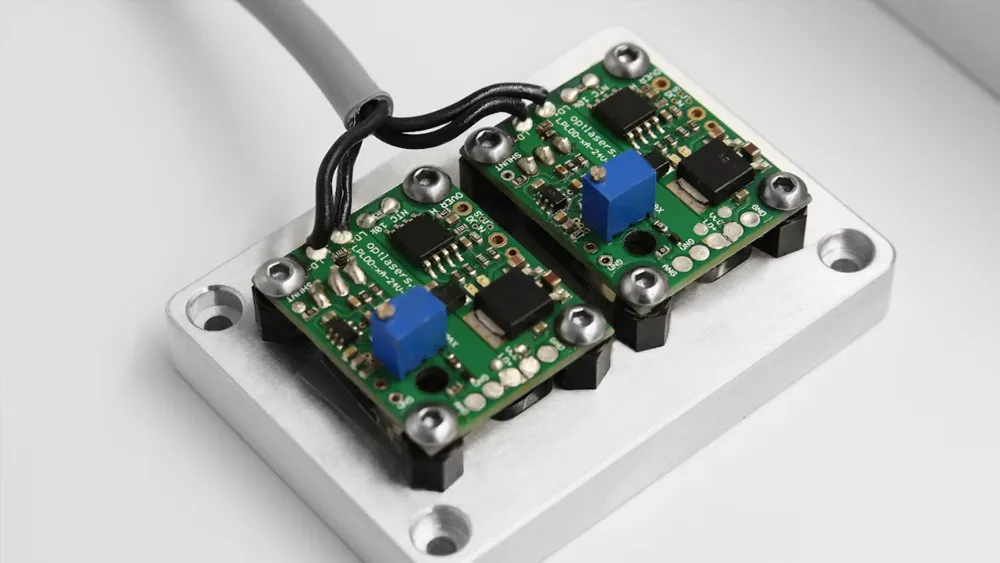
What is the Amazon CPC Certificate?
Amazon places significant importance on the safety and compliance of products sold on its platform. For example, children’s toys and baby products exported to the United States must obtain a CPC Certification (Children’s Product Certificate) and cpsia Report before being sold on cross-border e-commerce platforms like Amazon or Temu. Recently, Amazon has further strengthened the scrutiny of the authenticity of CPC certificates. Sellers providing false CPC certificates may face severe penalties, including account suspension.

Why is Amazon Strictly Reviewing CPC Certificates?
Amazon's recent efforts in scrutinizing CPC certificates mainly focus on baby and toy products, making sellers in these categories particULarly vulnerable. The most common violations include:
1. Using Supplier-Provided Certificates Without Verification
Sellers fail to actively verify the authenticity and comprehensiveness of certificates provided by suppliers. Some of these certificates lack essential testing items, leading to rejection by Amazon.
2. Modifying Certificates Without Retesting
Some sellers resubmit certificates after modifying rejected ones instead of conducting new tests. Previously, this approach had a higher chance of success, but it is now a primary target of Amazon’s enforcement efforts.
3. Using Fake Certifications from Unreliable Service Providers
Some sellers choose unregulated service providers to create fake certificates in order to save costs. This often results in rejected applications and warnings from Amazon for fraudulent activity, complicating appeals.
What is CPC Certification?
CPC (Children’s Product Certificate) is a mandatory certification for children’s products in the U.S. It is issued based on testing conducted by laboratories recognized by the Consumer Product Safety Commission (CPSC). The primary purpose of CPC is to certify that a product complies with U.S. children’s product safety regulations and other legal requirements.
- Applicable Scope: Products described as suitable for children under 12 years old are typically subject to CPC review.
- Issuing Authority: CPC certificates are not issued by official institutions, nor do they require government filing. They are self-drafted “certificates of compliance” issued by manufacturers or importers, who take full responsibility for their accuracy.
Key Information Included in a CPC Certificate:
1. Product Information: Product name and description.
2. Applicable Regulations: All standards and regulations the product complies with.
3. Manufacturer Information: Name, address, and contact details.
4. Production Information: Date (month and year) and location (city) of production.
5. Testing Information: Date and location of testing.
6. Third-Party Laboratory Details: Name, address, and contact details of the testing lab.
What Happens If a CPC Certificate is Found to Be Fake?
Amazon requires sellers to provide evidence and appeal within seven days. If a fake certificate is identified, sellers should take the following immediate actions:
1. Verify the Authenticity of Supplier Certificates:
Confirm whether the supplier provided a false certificate and expedite the acquisition of a valid cpc test report from a qualified testing institution.
2. Retest Products:
Conduct product testing at a legitimate institution to obtain a new CPC report.
3. Submit Appeal Materials:
- Appeal Letter: Include a detailed explanation of the incident, communication with suppliers, and proof of working with testing institutions.
- Supporting Documents:
- Company name, seller ID, email address, and phone number.
- Product images, user manuals, invoices, brand certificates, and contracts.
- ASIN lists with corresponding CPC, ASTM, and CPSIA reports.
- Testing institution’s contact details and accREDitation proof (e.g., ISO certification).
- Communication records with the testing laboratory, payment receipts, and contracts.
4. Preventative Measures for the Future:
- Provide evidence of internal improvements, such as meeting records for enhanced testing management or photos of employee compliance training.
CPC Certification Process
1. Provide Product Information: Submit product names, descriptions, and applicable standards.
2. Complete an Application Form: Specify testing requirements.
3. Send Samples for Testing: Ship product samples to a CPSC-recognized laboratory for testing.
4. Receive Test Results: Upon passing, the laboratory issues a report.
5. Obtain Certification: Obtain a CPC certificate and test report that meet requirements.
Note:
- CPC certification must be performed by a third-party laboratory recognized by the CPSC.
- Costs are relatively low, with CPC+ASTM+CPSIA reports typically ranging from $500 to $1,200.
How to Mitigate Risks?
To avoid account suspension due to non-compliant certificates, sellers should take the following precautions:
1. Choose Reliable Testing Institutions:
Ensure all product certification processes are conducted with due diligence through CPSC-recognized laboratories (e.g., China’s JJR Laboratory).
2. Strengthen Internal Audits:
Carefully verify the authenticity and completeness of certificates to ensure all testing items are complete before submitting to Amazon.
3. Improve Supplier Agreements:
Include explicit quality certification requirements in supplier contracts to ensure procured products comply with all regulations.
4. Enhance Team Compliance Awareness:
Conduct internal training on Amazon’s compliance policies, improve team knowledge, and retain training records.
Amazon maintains a zero-tolerance policy toward certificate fraud. With the platform’s compliance standards and enforcement measures becoming increasingly stringent, sellers must operate with integrity, strictly follow certification procedures, and ensure product safety and compliance to gain a competitive edge in the marketplace.
Email:hello@jjrlab.com
Write your message here and send it to us
 Canada ISED Certification RSS-247 Standard Testing
Canada ISED Certification RSS-247 Standard Testing
 What Are the Product Compliance for Amazon Austral
What Are the Product Compliance for Amazon Austral
 Australia IoT Security Compliance
Australia IoT Security Compliance
 V16 Warning Light EU EN 18031 Cybersecurity Certif
V16 Warning Light EU EN 18031 Cybersecurity Certif
 Japan IoT Security JC-STAR Certification
Japan IoT Security JC-STAR Certification
 FCC SDoC Compliance Information Statement
FCC SDoC Compliance Information Statement
 What Does FCC SDoC Certification Mean?
What Does FCC SDoC Certification Mean?
 What is Bisphenol A (BPA) Testing?
What is Bisphenol A (BPA) Testing?
Leave us a message
24-hour online customer service at any time to respond, so that you worry!




